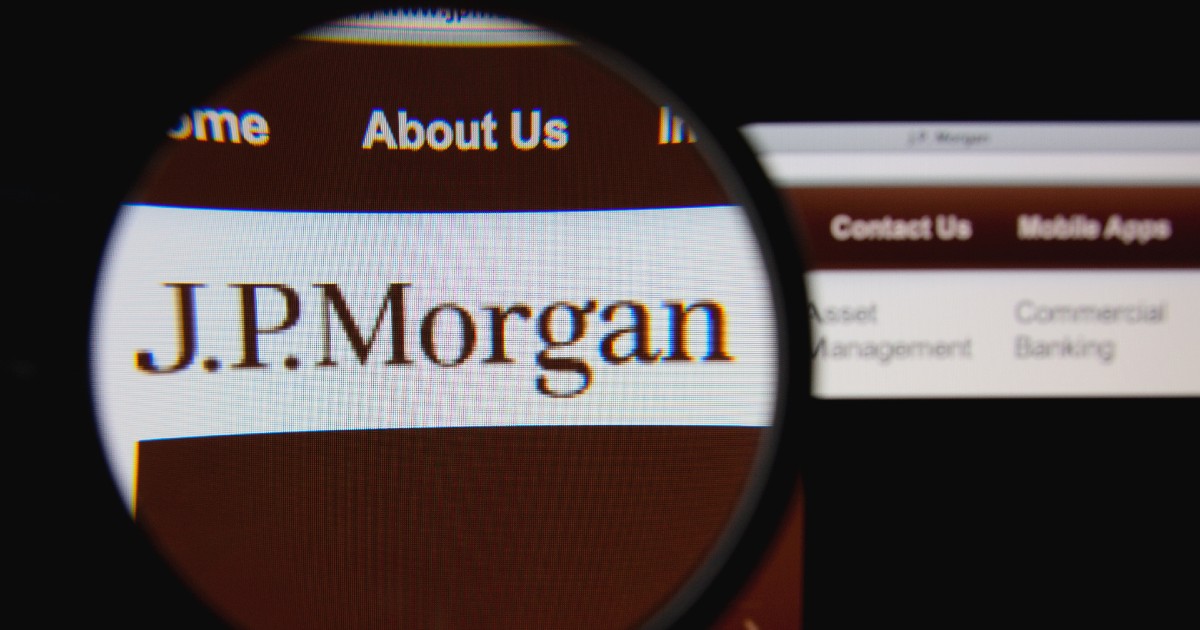JPMorgan to Acquire First Republic Bank Assets
Zach Anderson May 02, 2023 08:14
JPMorgan Chase is set to acquire First Republic Bank's assets after the troubled bank was closed by regulators. JPMorgan will assume all assets, including uninsured deposits, and enter into a loss-sharing agreement with the FDIC.

JPMorgan Chase is poised to acquire the assets of First Republic Bank (FRB), after regulators closed the bank on May 1. JPMorgan and several other banks had submitted bids to acquire the troubled bank's assets after early efforts to rescue it failed.
As part of the purchase and assumption agreement with the FDIC, JPMorgan will take on all of FRB's assets, including uninsured deposits. With $229.1 billion in assets and $103.9 billion in deposits, FRB was a significant acquisition for JPMorgan.
In addition to acquiring the bank's assets, JPMorgan also entered into a loss-sharing agreement with the FDIC for residential and commercial loans acquired by FRB. Under the agreement, any losses and recoveries on the loans covered by the loss-share agreement will be shared between the FDIC and JPMorgan.
All depositors of FRB will become part of JPMorgan and will have access to their total deposits insured by the FDIC. The 84 locations of FRB in eight states will reopen as JPMorgan Chase, allowing customers to continue banking services at the current branch until they receive any change notification from JPMorgan.
The trouble began for FRB on April 26 when news of a government receivership surfaced. The bank's shares dropped 20% in just a few hours following the announcement. The days following the announcement were even more volatile for the bank before regulators eventually closed the bank.
With FRB's closure, it becomes the latest US bank to collapse in 2023, joining Silicon Valley Bank and Signature Bank.
This acquisition is a significant move for JPMorgan, as it expands its reach and strengthens its presence in the banking industry. JPMorgan has a history of making large-scale acquisitions, and this acquisition of FRB's assets follows a pattern of growth through strategic acquisitions.
First Republic Bank had a reputation as a premier private bank for high-net-worth individuals and businesses. However, the bank had been struggling for some time due to a high level of non-performing loans and other financial difficulties. Despite efforts to rescue the bank, regulators determined that the best course of action was to close it and transfer its assets to another institution.
The loss-sharing agreement between JPMorgan and the FDIC is designed to mitigate any potential losses and ensure that depositors are protected. This agreement is a standard part of any acquisition involving a failed bank, and it ensures that the FDIC is able to recover as much of its costs as possible.
Overall, JPMorgan's acquisition of First Republic Bank's assets is a significant development in the banking industry. As JPMorgan continues to grow and expand its reach, this acquisition demonstrates its commitment to providing excellent banking services and support to customers across the United States.
Image source: Shutterstock.jpg)